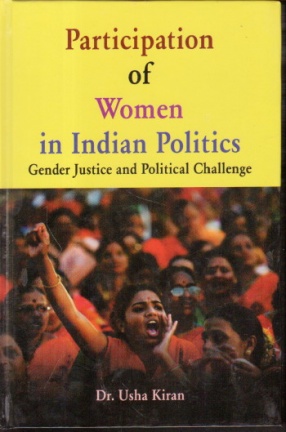
Globus Press

215 books
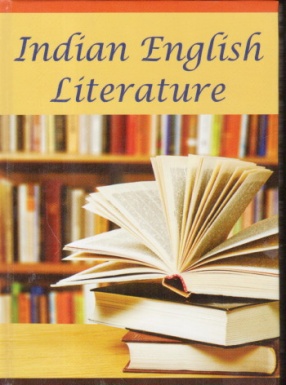
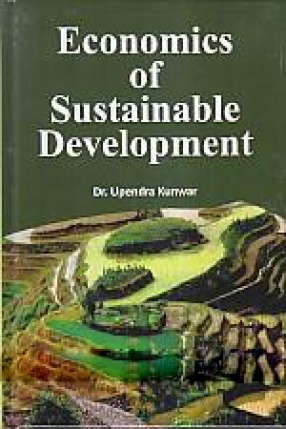
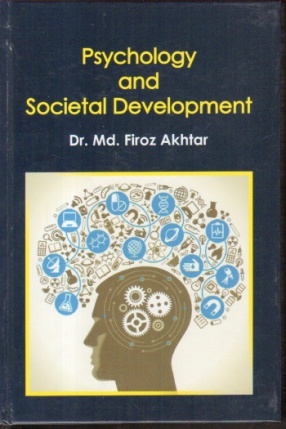
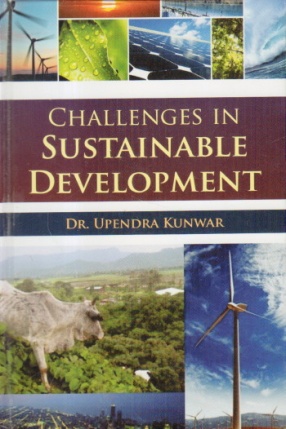
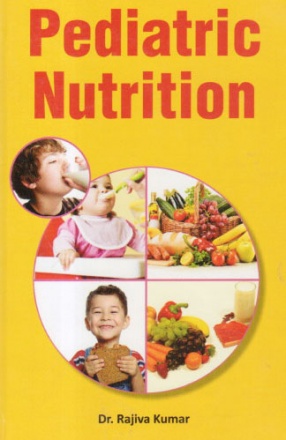
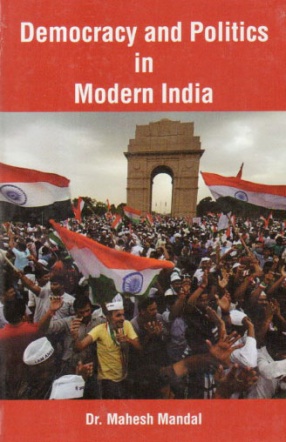

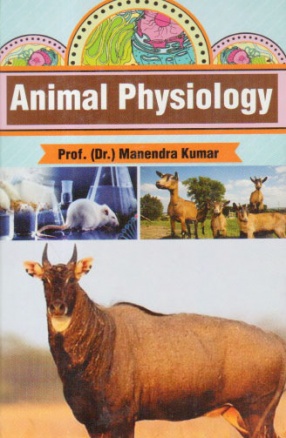
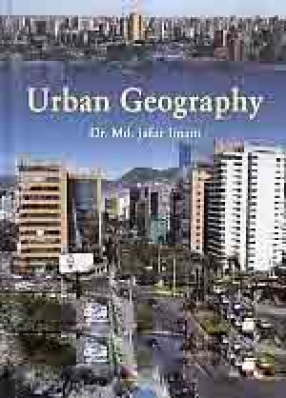

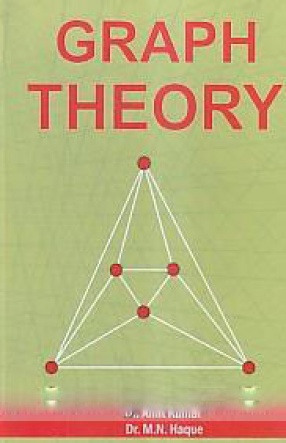
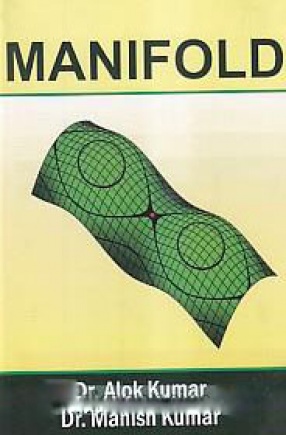
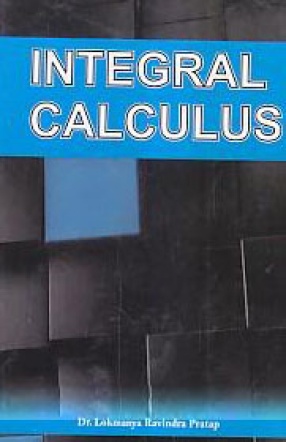
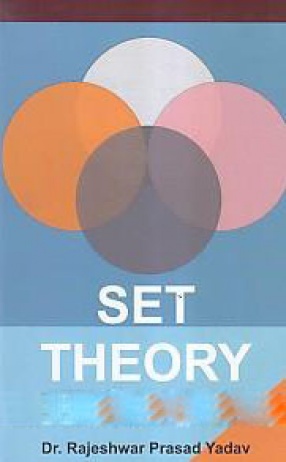
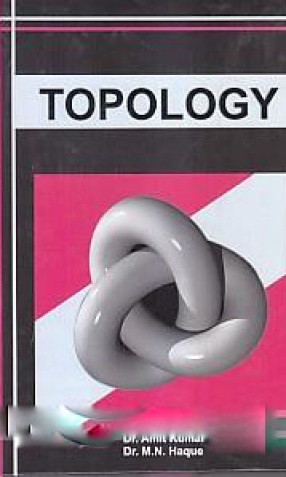




The term ‘political participation’ has a very wide meaning. It is not only related to ‘Right to vote’ but simultaneously relates to participation in decision making process, political activism, political consciousness, etc. Political activism and voting are the strongest areas of women’s political participation. To combat gender inequality in politics, the Indian Government has instituted reservations for seats in local governments. ...

English is a foreign language but since the British came to India the language has had an impact on several fields-in education, literary effort and as a medium of communication. Its early history began with the works of R.K. Narayan, Mulk Raj Anand, Raja Rao who contributed to Indian fiction in the 1930s. It is also associated with the works of members of the Indian diaspora, such as V.S.Naipaul, Kiran Desai, Jhumpa Lahiri, Agha Shahid Ali, Rohinton Mistry and ...


Developmental psychology examines the influences of nature and nurture and on the process of human development, and processes of change in context and across time. Many researchers are interested in the interaction between personal characteristics, the individual’s behaviour and environmental factors, including social context and the built environment. Ongoing debates include biological essentialism vs. neuroplasticity and stages of development vs. dynamic ...

The world is faced with challenges in all three dimensions of sustainable development-economic, social and environmental. More than 1 billion people are still living in extreme poverty, and income inequality within and among many countries has been rising, at the same time, unsustainable consumption and production patterns have resulted in huge economic and social costs and may endanger life on the planet. Achieving sustainable development will require global ...
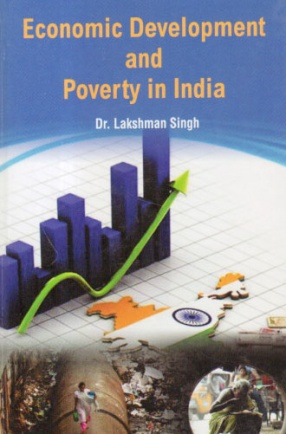
Despite the country’s meteoric GDP growth rate (about 9%), poverty in India is widespread, and a variety of methods have been proposed to measure it. Whether economic growth necessarily reduces poverty has been a controversial issue. As pointed out above, it was first generally believed that benefits of economic growth would trickle down to the poor and thus alleviate poverty in the economy. This trickle-down effect of economic growth was thought to operate ...
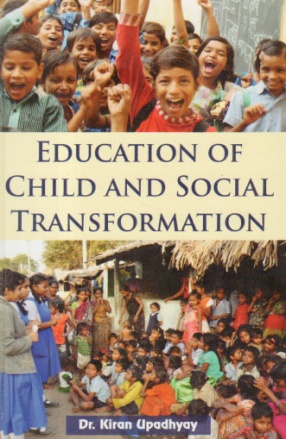
Education can be used as a tool to empower the individual. Through child centered learning, students are able to see their own role in transformation. Societal change comes from the collective transformation of the individuals within that society. It has become secular today. It is an independent institution now. Education has been chiefly instrumental in preparing the way for the development of science and technology. Education has brought about phenomenal ...

Proper nutrition begins at the supermarket with the foods you buy and continues at home as you prepare and serve meals. Giving your child a healthy start with good eating habits promotes his or her lifelong health. A variety of foods provides the nutrients that young children need to build strong bodies and stay healthy. Food also supplies the energy that children need to grow normally, play, learn, and explore the world around them. There are several methods for ...

Democracy in its broader sense denotes not only a political concept but also way of life in the society in which each individual is believed to be entitled to equality as regards his participating freely in the structures and institutions of the society is concerned. Modern India is the world’s largest democracy, a sprawling, polyglot nation containing one-sixth of all humankind. The existence of such a complex and distinctive democratic regime qualities as ...
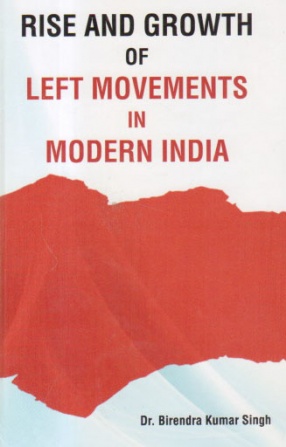
This history and development of India’s left movements are unique in that the country is home to two coexisting strands of modern communism. The first of these is the Parliamentary Communist Party of India, which constituted the first democratically-elected Marxist government in the country. The Parliamentary left subscribes to a social-democratic philosophy, turning to the traditional democratic institutions of governance in their quest to fulfill the ...

The formation of middle class in colonial India was the result of long historical process. Its beginning could be traced since arrival of industrialization and trading economy, but concrete observation could be made after 1857 revolution. The formation of middle class could be explained by understanding the nature of national movement. The historical context of the development of middle classes in India is quite different from those in western world. In Europe, ...
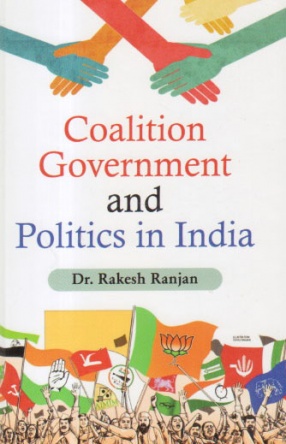
A coalition government is one in which several political parties must cooperate to run a country or region. These types of governments are often considered somewhat weak because there is no majority party. In such cases, the only way that policy gets approved is by each side making concessions. This type of government, which might also be known as a coalition cabinet, can be one of the most entertaining—and volatile—forms of government. Often it might ...

The word life is the essence of the biological sciences and yet has no clear definition. We seem to recognize instinctively what is alive and what is not alive on earth, but we founder when contemplating how alien life on another planet could be recognized. How might we define life ? Most attempts to define it focus on the functions of living systems, that is, on the dynamic processes that life forms have and that nonliving things do not. Living things organize ...
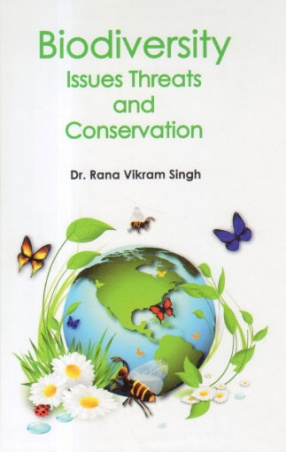
Protecting biodiversity is in our self-interest, biological resources are the pillars upon which we build civilization. Nature’s products support such diverse industries as agriculture, cosmetics, pharmaceuticals, pulp and paper, horticulture, construction and waste treatment. The loss of biodiversity threatens our food supplies, opportunities for recreation and tourism, and sources of wood, medicines and energy. It also interferes with essential ecological ...










